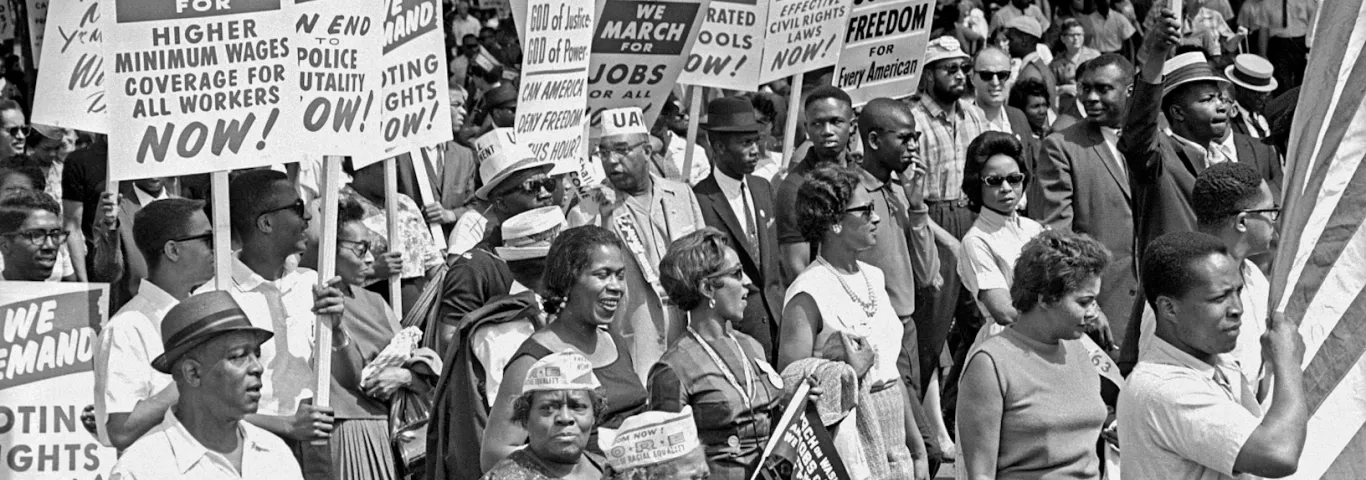In July 2010, Washington University in St. Louis hosted a Summer Institute for schoolteachers entitled "The New Negro Renaissance in America, 1919-1941" and funded by the National Endowment for the Humanities. (Here is the original letter of invitation to the Summer Institute, along with its syllabus and reading list.) Through an NEH Digital Dissemination Pilot Grant, we are now able to offer the New Negro Renaissance Institute in digital form to the public. The following resources offer an exciting opportunity to learn about one of the most extraordinary cultural periods in American history and to explore lectures, essays, interviews, and curriculum resources from our Institute. We hope that this Digital Institute will enhance our ability to create a stronger scholarly community among our participants and will enable us to reach out more effectively to K-12 as well as college and university teachers who have an interest in our subject matter and our pedagogical approaches to it.
The participants of our past NEH summer institutes and workshops (2005, 2007, 2008-09) on jazz and American culture were asked to choose some particular aspect of the content of the institute or workshop which they thought was most directly related to their own subject concerns and to write either lesson plans or resource guides. These lesson plans were collected and published in book form, then distributed to the participants; the 2005 and 2007 versions are also available on our website. All our past and present institute/workshop participants are also on the Center’s mailing list and receive our monthly newsletter, The Figure in the Carpet; in this way, they are able to keep up with news about new institutes we may be offering and speakers invited during the academic year who may be presenting on subjects relevant to their interests.
Throughout the NEH Summer Institute on the New Negro Renaissance, our participants worked in groups to create curriculum resources for whatever portion of the institute was most relevant to their teaching. The final product took the form of topical bibliographies including books (for both adults and children), articles, films, music, and websites. Many of the bibliographic entries are annotated, offering not only content summaries but also curricular uses for the sources in question:
Thanks to the National Endowment for the Humanities for funding the production and editing of these Digital Institute materials. Any views, findings, conclusions, or recommendations expressed in this program do not necessarily reflect those of the National Endowment for the Humanities.
